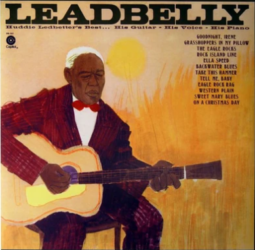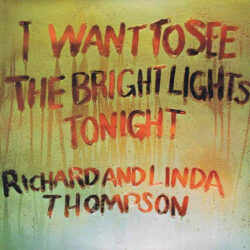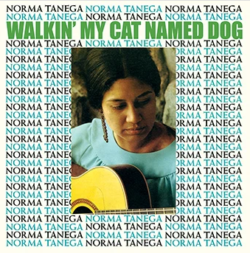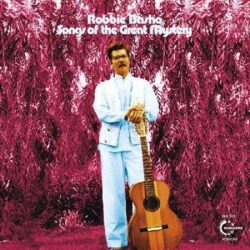Huddie Ledbetter’s Best… His Guitar – His Voice – His Piano
Label: Pure Pleasure
Genre: Blues, Country/Folk/Blues
$42.99
Out of stock
Leadbelly’s last recording sessions for a commercial record label, held in the early fall of 1944, yielded a dazzling 12 songs, embracing virtuoso guitar blues (“Grasshoppers In My Pillow”), pounding piano-driven scatting (“The Eagle Rocks”, with Leadbelly himself at the ivories, a talent for which he wasn’t usually recognized), and familiar standards done in some startlingly different ways, including “Goodnight, Irene”, “Rock Island Line”, and “Ella Speed”, done with the understated accompaniment of a zither (courtesy of Paul Mason Howard) as well as his own guitar. Leadbelly was in excellent voice and top form on guitar and piano — having gone to California to test the commercial waters, he met Tex Ritter, an old friend, who arranged for Leadbelly to come to his house and, with Merle Travis playing as well and Capitol executive Lee Gillette present, auditioned then and there for the label; he was energized by the experience, and Capitol’s recording caught the brightest as well as the deepest tones in his playing, thus making this record one of the very best showcases for acoustic 12-string guitar of the period.
Sadly, only a handful of these tracks were issued during the man’s own lifetime, thus convincing him that they were another career dead end — in 1956 (and again in 1962) they emerged with an impassioned annotation by Dave Dexter Jr., imploring people to buy these last commercial sides by one of the most celebrated bluesmen of the century.
You may ask then, what does this record have to do with high fidelity or with audiophilia? Well, the recording is surprisingly “high fidelity” and transfer to tape (the date is not made clear in the accompanying notes) is extremely well done. So well done that only occasionally can you hear a slight bit of noise in the background. If you’re thinking “hissy, tinny, primitive,” forget it. The sound is immediate, remarkably wide band and inviting. Ironically, the co-producer and one of Leadbelly’s strongest supports was the much reviled Dave Dexter, Jr, who, having decided that what George Martin and EMI delivered to Capitol was not ready for teenaged American ears, added lots of reverb and re-EQ’d The Beatles. In retrospect, some of what Dexter did to those tapes made them sound bright, shiny, fun and exciting and may have contributed in some ways to the group’s success in America. On the other hand, some of it just plain sucked.
This collection of a dozen Leadbelly tunes, remastered by the team of Steve Hoffman and Kevin Gray (cut by Gray) sounds remarkably good, especially given the recording’s vintage.





